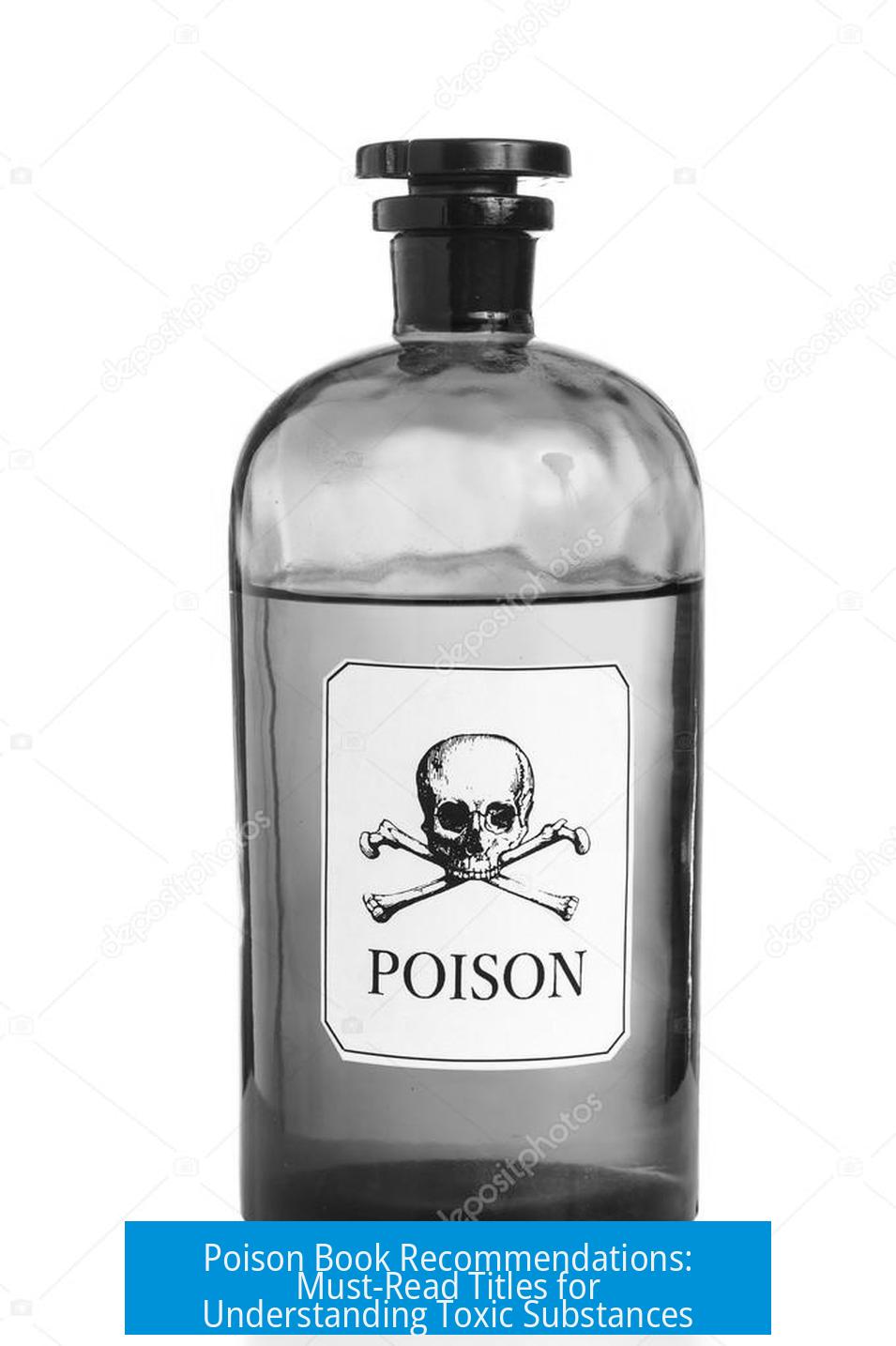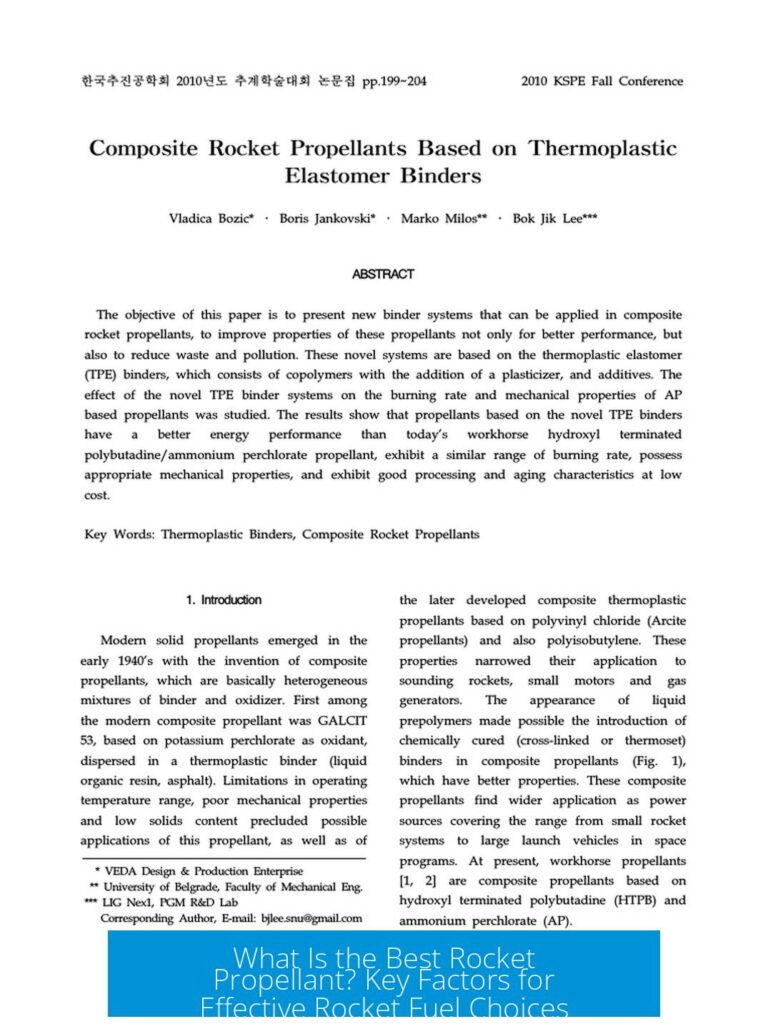Poison Book Recommendations
Recommended books on poisoning explore the science, history, and cases surrounding toxic substances. These works range from forensic chemistry to detailed toxicology references, catering to different interests within the topic.
1. The Poisoner’s Handbook by Deborah Blum
This book traces the emergence of forensic chemistry in 1920s New York. It intertwines stories of poisons with the detectives and scientists who uncovered their use in crimes. The narrative focuses on notable cases and the chemistry behind various toxins.
Many readers praise this work as both informative and engaging, distinguishing it from fictional portrayals with similar titles.
2. Howdunit – The Book Of Poisons by Serita Stevens and Anne Baron
This title offers a dual perspective, explaining the physiological effects of numerous poisons and recounting famous cases involving these substances. It serves as a useful resource for those intrigued by both the science and the detective side of poisoning.
3. The Encyclopaedia of Poisons and Antidotes by Carol Turkington (Third Edition)
More of a reference work, this encyclopaedia provides detailed entries on a wide array of poisons and their antidotes. Although comprehensive, it suits readers seeking factual information rather than narrative or case studies.
4. Casarett and Doull’s Toxicology: The Basic Science of Poisons
Considered a fundamental toxicology reference, this tome is widely used by professionals. It covers mechanisms, effects, and treatment of poisonings with scientific rigor. It fits best for advanced study or professional use.
Notable Poisoning Case: The Polonium-210 Incident
The 2006 poisoning of Alexander Litvinenko represents a rare case involving radioactive material. Polonium-210, a highly radioactive isotope, was secretly introduced into his tea during a meeting in London.
Litvinenko died from radiation sickness, and the event implicated two suspects charged with his murder. It also led to the temporary closure of various public locations after 700 people were potentially exposed to radiation.
Additional Resource
For visual learners, the video titled “DO YOU DO POISON?!” provides further insight and is available at https://youtu.be/EEyUeCyXl1Q.
Key Takeaways
- The Poisoner’s Handbook offers forensic chemistry and historical cases.
- Howdunit – The Book Of Poisons explains poison effects and famous stories.
- The Encyclopaedia of Poisons and Antidotes serves as a detailed reference.
- Casarett and Doull’s Toxicology provides scientific depth for professionals.
- The Polonium-210 poisoning of Litvinenko highlights a rare radioactive case.
What makes The Poisoner’s Handbook by Deborah Blum a good read on poisons?
It narrates the development of forensic chemistry in Jazz Age New York. The book blends science with history, detailing various poisons and their effects during that era.
Does Howdunit – The Book Of Poisons cover real poisoning cases?
Yes, it discusses both the effects of different poisons and famous poisoning cases, providing practical insights into toxic substances and their use.
Is The Encyclopaedia of Poisons and Antidotes suitable for casual readers?
This encyclopaedia is detailed but may be too technical if you’re not seeking exhaustive scientific information on poisons and antidotes.
What is notable about the Polonium-210 poisoning of Alexander Litvinenko?
Litvinenko was poisoned by radioactive Polonium-210 in 2006, causing radiation sickness and death. This high-profile case exposed others to radiation and led to legal charges against suspects.
Which book is recommended for in-depth toxicology studies?
Casarett and Doull’s Toxicology Tome is often cited as a thorough resource for those seeking detailed toxicology knowledge.





Leave a Comment